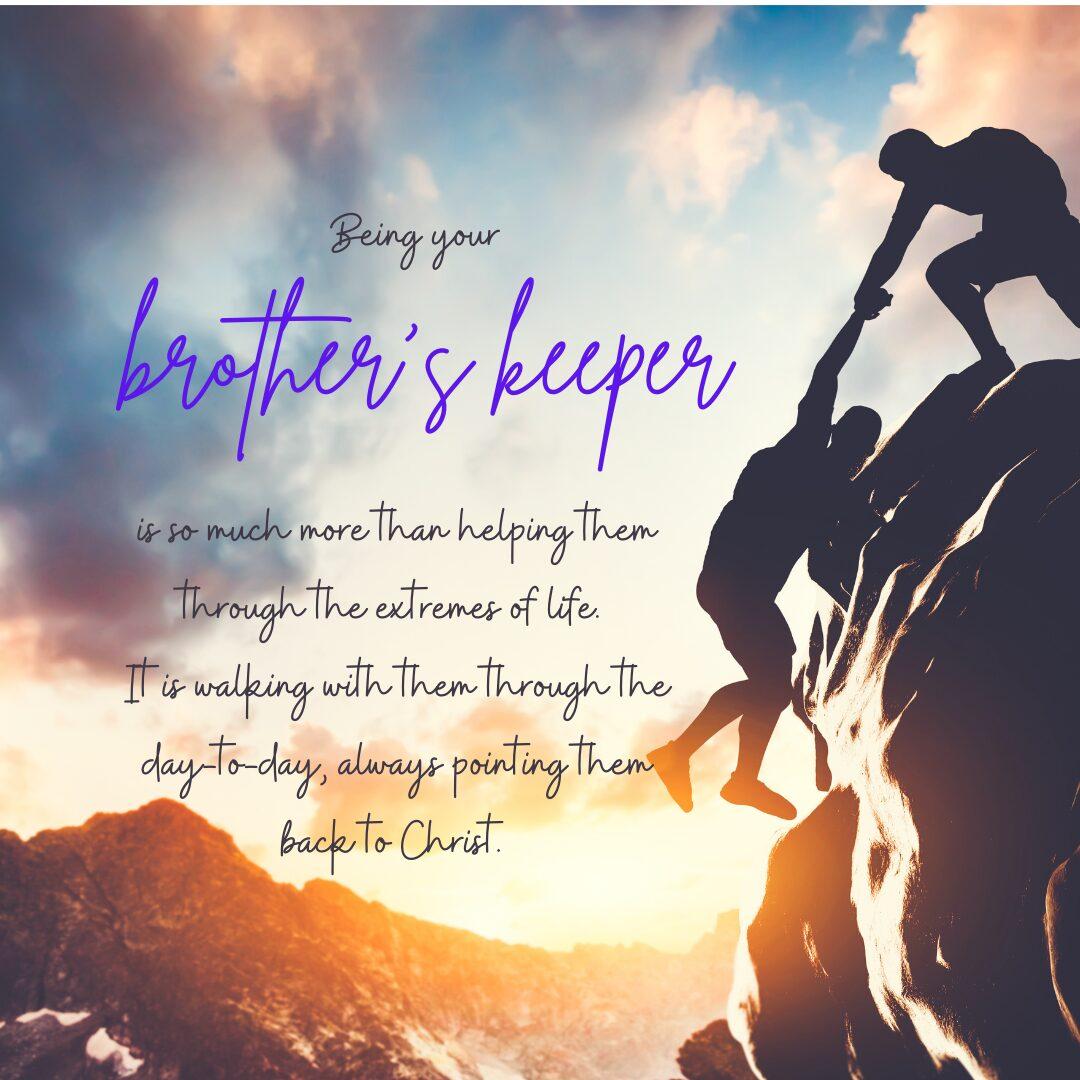It’s busy in the seminary these days as we, faculty and staff, prepare for the new academic year. It’s also an intense and exciting time because we have 30 new seminarians. This means that the seminary priests will take in more students for spiritual direction and formation advice besides teaching classes.
Indeed, seminary formation is an intense line of work because we’re dealing with students who seek to understand the mysteries of our Catholic faith — to grow deeper in spiritual life, and to develop human and pastoral qualities in order to be “a bridge and not an obstacle for others in their meeting with Jesus Christ.” (John Paul II, Pastores Davo Vobis, I Will Give You Shepherds, An Apostolic Exhortation on the Formation of Priests in the Circumstances of the Present Day).
Despite the seriousness and the breadth of responsibility of this work, it’s a beautiful ministry. As I’ve written before, spiritual directors and seminary formators enter into a holy ground, a field full of wheat and weeds or a garden blossoming with flowers and thorns. We enter into human souls that search for truth, including the truth of their own selves, to discern God’s will.
One of the new seminarians we have is from Lebanon. In one of our conversations, he shared with me his journey of vocation. Despite growing up in a war-torn country — hearing bombs almost all day and all night — he would seek refuge in the mountains and would look at the sky at night to contemplate on the grandeur and mystery of God. He always felt His existence in spite of the questions and struggles of life. He knew there is someone bigger than all the problems of his country and the world. During those moments, he would also feel that God was calling him to a greater height, the heroic journey of self-giving in the ministry of the ordained priesthood.
Now he wants to share his experiences of faith and to address people’s hunger for meaning. For him, it’s the Person of Christ, the Bread of Life, who can satisfy this hunger.
Our Scripture Readings in the past Sunday Masses, including this Sunday, have all been about this hunger for God. In the Gospel Readings, people would keep looking for Jesus, and Jesus would always be moved with pity for them. In this Sunday’s Gospel, Jesus is deliberate about what they need to have to satisfy their hunger. “I am the living bread that came down from heaven; whoever eats this bread will live forever; and the bread that I will give is my flesh for the life of the world,” Jesus told them.
It’s not just seminarians who search for meaning in life to satisfy their hunger; it’s everyone. We all realize that wealth, fame, power, and position cannot satisfy this hunger; they bring momentary happiness to us. But what would fully satisfy our longing for meaning is our relationship with God.
For us, Christians, it is Jesus, the Son of God, who nourishes this longing. Our personal relationship with him in Word and Sacrament and in our everyday prayers brings wholeness and peace into our lives. But Jesus wants us to recognize this truth and bring it to life. Knowledge and desires are not enough; Jesus wants us to live an interior life of prayer, a real and intimate relationship with him.
This involves humility, discipline, and total submission to the realm of God’s grace, his love and mercy. It entails moving away from a self-centered life to allowing God to be the center of our lives. It is floating in God’s love rather than in our personal illusions of grandeur.
May we enter into the holy ground of ourselves to discover the depth and the beauty of God’s love and mercy for each of us!
* * *
From a Filipino immigrant family, Reverend Rodel G. Balagtas was ordained to the priesthood from St. John’s Seminary in 1991. He served as Associate Pastor at St. Augustine, Culver City (1991-1993); St. Martha, Valinda (1993-1999); and St. Joseph the Worker, Canoga Park (1999-2001). In 2001, he served as Administrator Pro Tem of St. John Neumann in Santa Maria, CA, until his appointment as pastor of Immaculate Heart of Mary, Los Angeles, in 2002, which lasted 12 years. His term as Associate Director of Pastoral Field Education at St. John’s Seminary began in July 2014.



